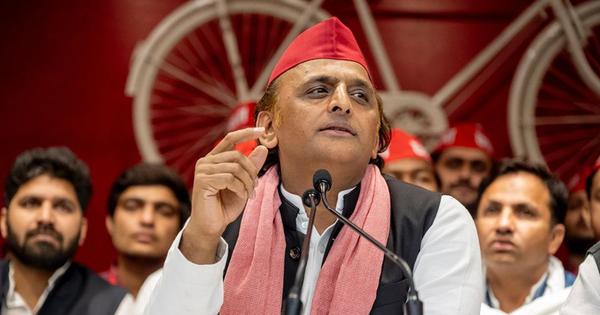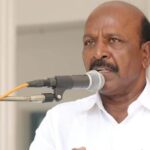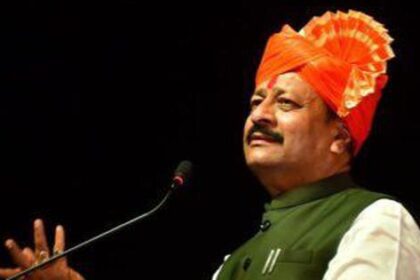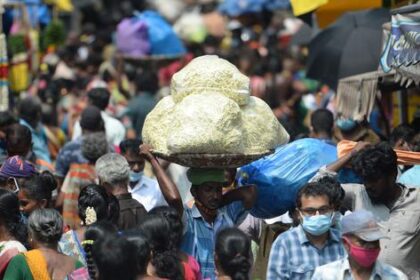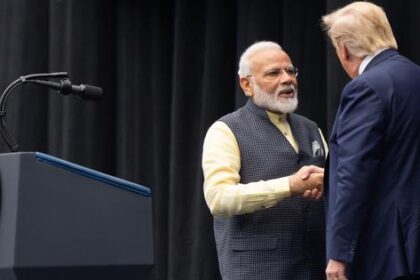Samajwadi Party claims suppression of opposition voices amid controversy over social media suspension.
The recent suspension of Samajwadi Party chief Akhilesh Yadav’s Facebook account has sparked controversy, with the Union government denying any involvement in the matter. The social media profile was reportedly suspended on Friday evening and restored the following morning. According to PTI, the government’s statement came shortly after the suspension, which the Samajwadi Party attributes to the Bharatiya Janata Party (BJP) government’s orders.
Union Minister of Information and Broadcasting Ashwini Vaishnaw commented on the situation, indicating that Yadav’s account had contained a “very abusive post,” which led to the suspension as per Facebook’s policy. This assertion raises questions about the nature of the content that prompted the action, highlighting a potential clash between political expression and platform regulations.
In response to the suspension, Akhilesh Yadav provided details during a press briefing. He mentioned receiving information regarding a complaint that involved adult sexual exploitation and violence. According to Yadav, this complaint was informally linked to the content of the post that resulted in the suspension. He noted that the post related to an incident of violence against a woman in Ballia and the murder of a journalist, thereby emphasizing the serious nature of the allegations involved.
As the political narrative unfolds, Yadav remarked on the broader implications of such actions, suggesting that the more the Samajwadi Party engages with the public, the more victories they will achieve. This sentiment reflects a determination to continue opposing what the party perceives as detrimental policies from the BJP-led government.
Furthermore, Samajwadi Party Spokesperson Fakhrul Hasan Chaand characterized the suspension as “an attack on democracy.” He accused the BJP government of imposing an undeclared emergency, aiming to stifle dissenting voices within the political landscape. The spokesperson’s remarks underscore the party’s commitment to resisting what they view as oppressive tactics employed by the ruling government.
This incident not only highlights tensions between political entities but also raises concerns about the influence of social media platforms in political discourse. The intersection of digital communication and political expression remains a critical area of discussion as parties navigate the complexities of modern governance and public engagement.
As the situation develops, the Samajwadi Party has reiterated its stance against the BJP’s policies, vowing to continue its opposition. The implications of this episode may resonate beyond the immediate incident, potentially shaping future interactions between political figures and social media platforms.

